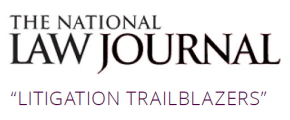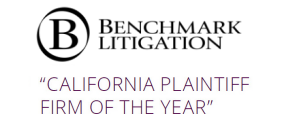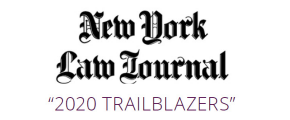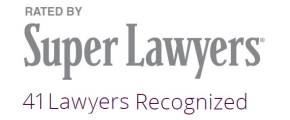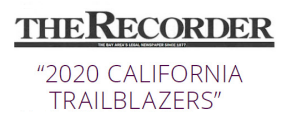Academic Journal Publishers Antitrust Litigation
On September 12, 2024, Lieff Cabraser and co-counsel at Justice Catalyst Law filed a federal antitrust lawsuit against six commercial publishers of academic journals, including Elsevier, Springer Nature, Taylor and Francis, Sage, Wiley, and Wolters Kluwer, on behalf of a proposed class of scientists and scholars who provided manuscripts or peer review, alleging that these publishers conspired to unlawfully appropriate billions of dollars that would otherwise have funded scientific research.
As detailed in the complaint, the defendants’ alleged scheme has three main components. First, an agreement to fix the price of peer review services at zero that includes an agreement to coerce scholars into providing their labor for nothing by expressly linking their unpaid labor with their ability to get their manuscripts published in the defendants’ preeminent journals.
Second, the publisher defendants agreed not to compete with each other for manuscripts by requiring scholars to submit their manuscripts to only one journal at a time, which substantially reduces competition by removing incentives to review manuscripts promptly and publish meritorious research quickly.
Third, the publisher defendants agreed to prohibit scholars from freely sharing the scientific advancements described in submitted manuscripts while those manuscripts are under peer review, a process that often takes over a year. As the complaint notes, “From the moment scholars submit manuscripts for publication, the Publisher Defendants behave as though the scientific advancements set forth in the manuscripts are their property, to be shared only if the Publisher Defendant grants permission. Moreover, when the Publisher Defendants select manuscripts for publication, the Publisher Defendants will often require scholars to sign away all intellectual property rights, in exchange for nothing. The manuscripts then become the actual property of the Publisher Defendants, and the Publisher Defendants charge the maximum the market will bear for access to that scientific knowledge.”
As the complaint notes, the three major elements of defendants’ scheme are each individually per se unlawful under Section 1 of the Sherman Act. NewScientist described aspects of the Scheme as “indefensible,” and the “most profitable business in the world,” explaining that the “reason it is so lucrative is because most of the costs of its content is picked up by taxpayers. Publicly funded researchers do the work, write it up and judge its merits. And yet the resulting intellectual property ends up in the hands of the publishers. To rub salt into the wound they then sell it via exorbitant subscriptions and paywalls, often paid for by taxpayers too.” Deutsche Bank aptly describes the Scheme as a “bizarre” “triple pay system” whereby “the state funds most of the research, pays the salaries of most of those checking the quality of the research, and then buys most of the published product.” As another observer explained, the Publishing Defendants’ Scheme “is as if the New Yorker or the Economist demanded that journalists write and edit each other’s work for free, and asked the government to foot the bill.”
In addition, the scheme has resulted in a variety of perverse market failures that impair the ability of scientists to do their jobs and slow dramatically the pace of scientific progress. The scheme has resulted in a worsening peer-review crisis, whereby it has become increasingly difficult to coerce busy scholars into providing their valuable labor for nothing. The Scheme has held back science, delaying advances across all fields of research. It will take longer to find effective treatments for cancer. It will take longer to make advancements in material science that will support quantum computing. It will take longer to find technological tools to combat climate change.
The lawsuit, filed in federal district court in New York, seeks treble damages and injunctive and other relief, including an order to enjoin the defendants from continuing to violate the law by requiring them to dissolve the challenged unlawful agreements.
Contact us
If you are a member of the academic community and want more information about the lawsuit, or seek to join the plaintiffs, please use the form on this page to send us a confidential message today. There is no charge or obligation for our review of your information, which will help us hold the publisher defendants accountable for their pervasive illegal actions.
Related News
- September 16, 2024
Scientists File Antitrust Lawsuit Against Journal Publishers
Inside Higher Ed - September 13, 2024
Academic publishers face class action over ‘peer review’ pay, other restrictions
Reuters - September 13, 2024
‘Illegal Conspiracy’?: EDNY Antitrust Class Action Challenges Publishers’ ‘Unpaid Peer Review Rule’
Law.com - September 12, 2024
Elsevier, Others Publishers Hit With Peer Review Services Lawsuit
Bloomberg Law


